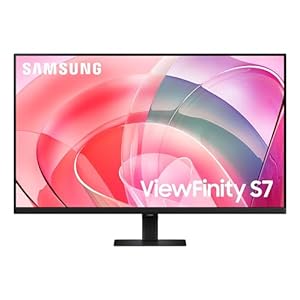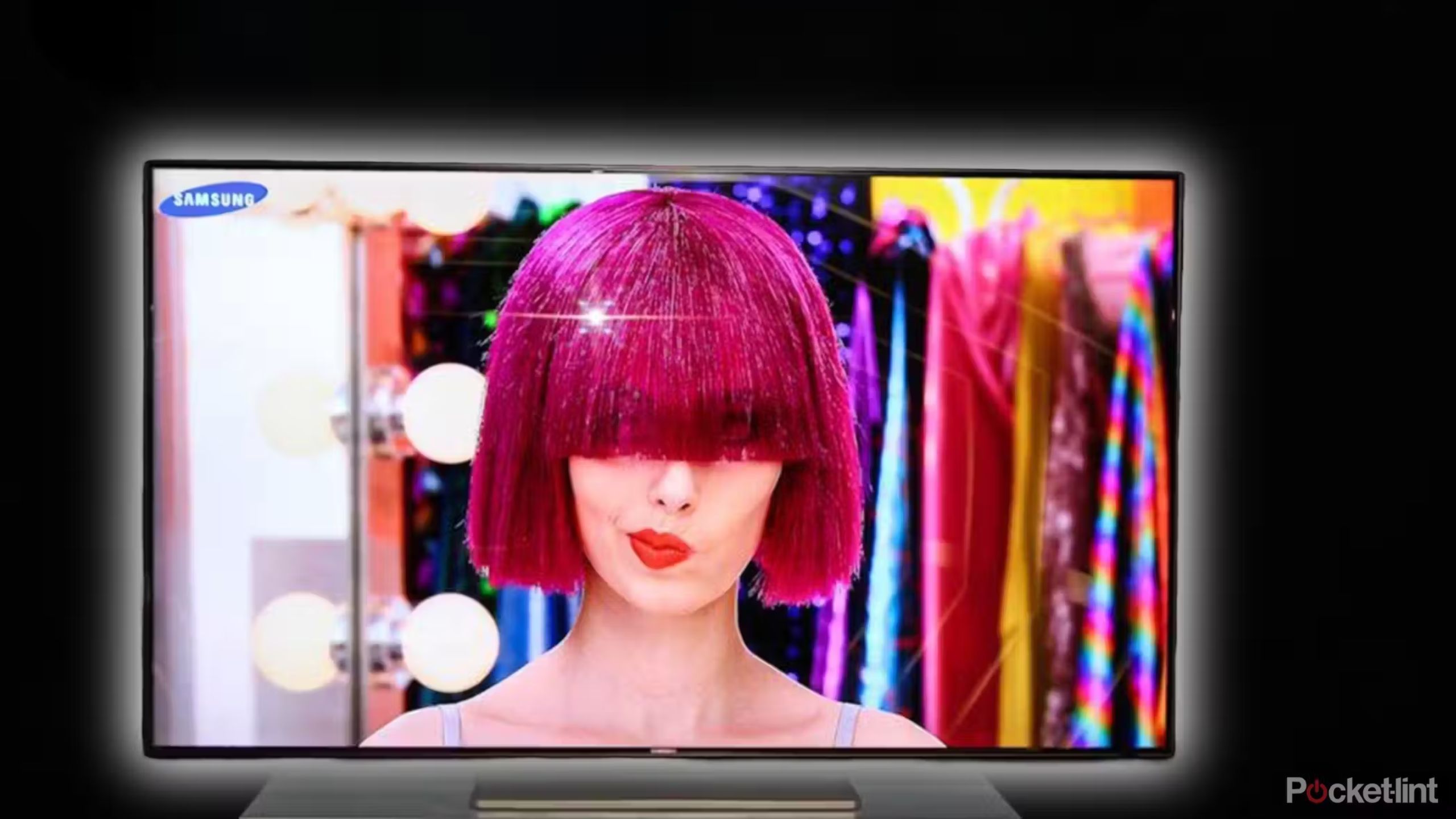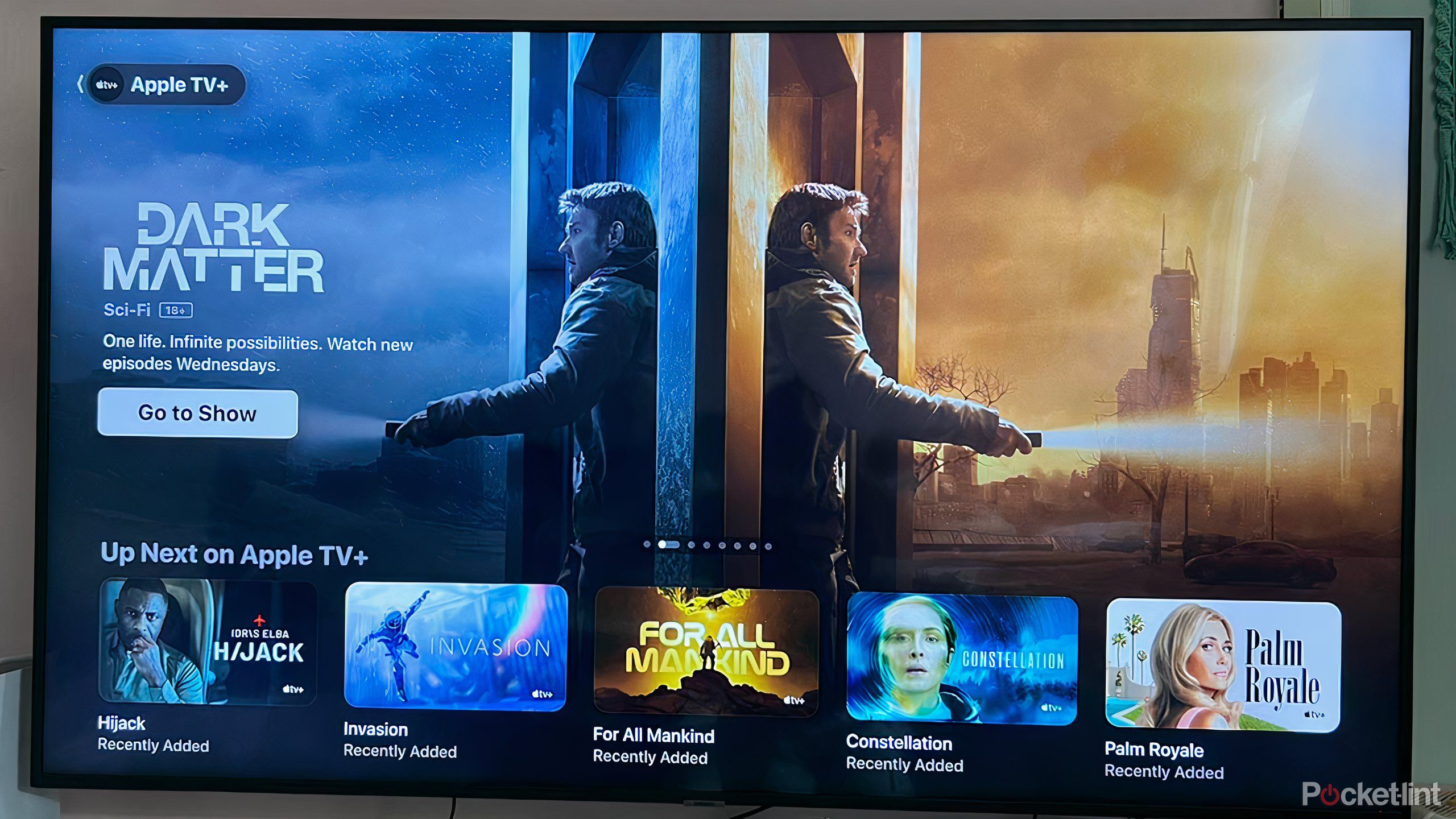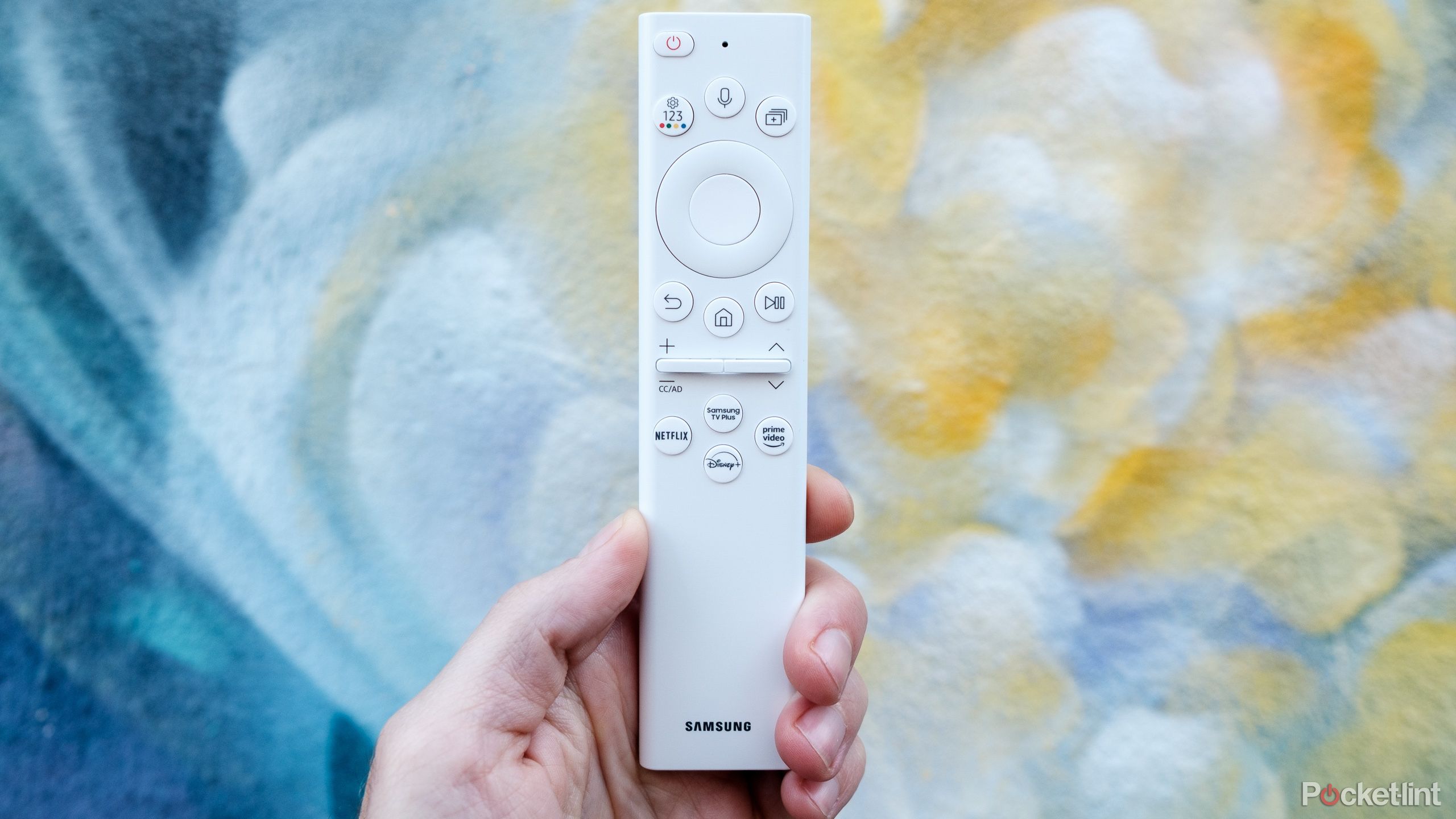Key Takeaways
- The best LG TVs are very bright, but I prefer Samsung’s color range and accuracy.
- Samsung smart TVs support my streaming and gaming lifestyle.
- Brand loyalty can simplify decision-making, which provides a solid sense of trust and quality assurance.
If you’re in the market for a new TV, this is your sign to mentally prepare now — research and shopping will surely take up a lot of your time and energy, as the myriad of options and decisions between them quickly become overwhelming. There are a bunch of different companies that specialize in smart TVs that utilize differing screen technologies backed by any number of software enhancements with varied operating systems. Not to mention, there are different ways to control each TV depending on what brand you decide on, as well as the ability to turn your TV into a smart home hub.
It all adds up to a lot of considerations that can make the entire purchase process tedious and time-consuming. I’m near the end of my journey as I look to upgrade my TV. I know I want an OLED model, and after removing Sony from the equation due to price, it’s down to Samsung and LG. Here’s why I’m choosing to buy a new Samsung OLED smart TV over LG to cater to my entertainment needs over the next few years.
4 reasons I’d buy an OLED TV over a mini-LED TV
Don’t worry about the price tag. Your favorite shows, movies, and games will look the best they can with OLED TVs.
Choosing color over brightness
I prefer when the images truly pop
In general, the top LG and Samsung TVs differentiate themselves only slightly when it comes to brightness and color accuracy. LG’s flagship model, the G4, is incredibly bright for an OLED; it was so bright that when I tested it out, I regularly dropped the setting down below 50 (out of 100). The way my viewing environment is set up does not require an excessively bright TV. I’m fortunate enough to watch my TV in a dark room with some bias lighting, and even during the daytime, I can use blackout curtains to darken the room.
Keep in mind that when buying a TV, just because a model has certain impressive specs, they may not necessarily be useful or applicable to you.
Samsung’s top OLED TVs aren’t quite as bright as those of LG, but they triumph when it comes to color accuracy and range, due to its quantum-dot filter. Personally, I would rather have a TV that’s vivid and faithful when it comes to color recreation, particularly as someone who plays a lot of newer video games and tends to watch more prestige TV and blockbuster movies. I consume a lot of new content from top streaming services, and want to immerse myself in colorful worlds and dynamic stories.
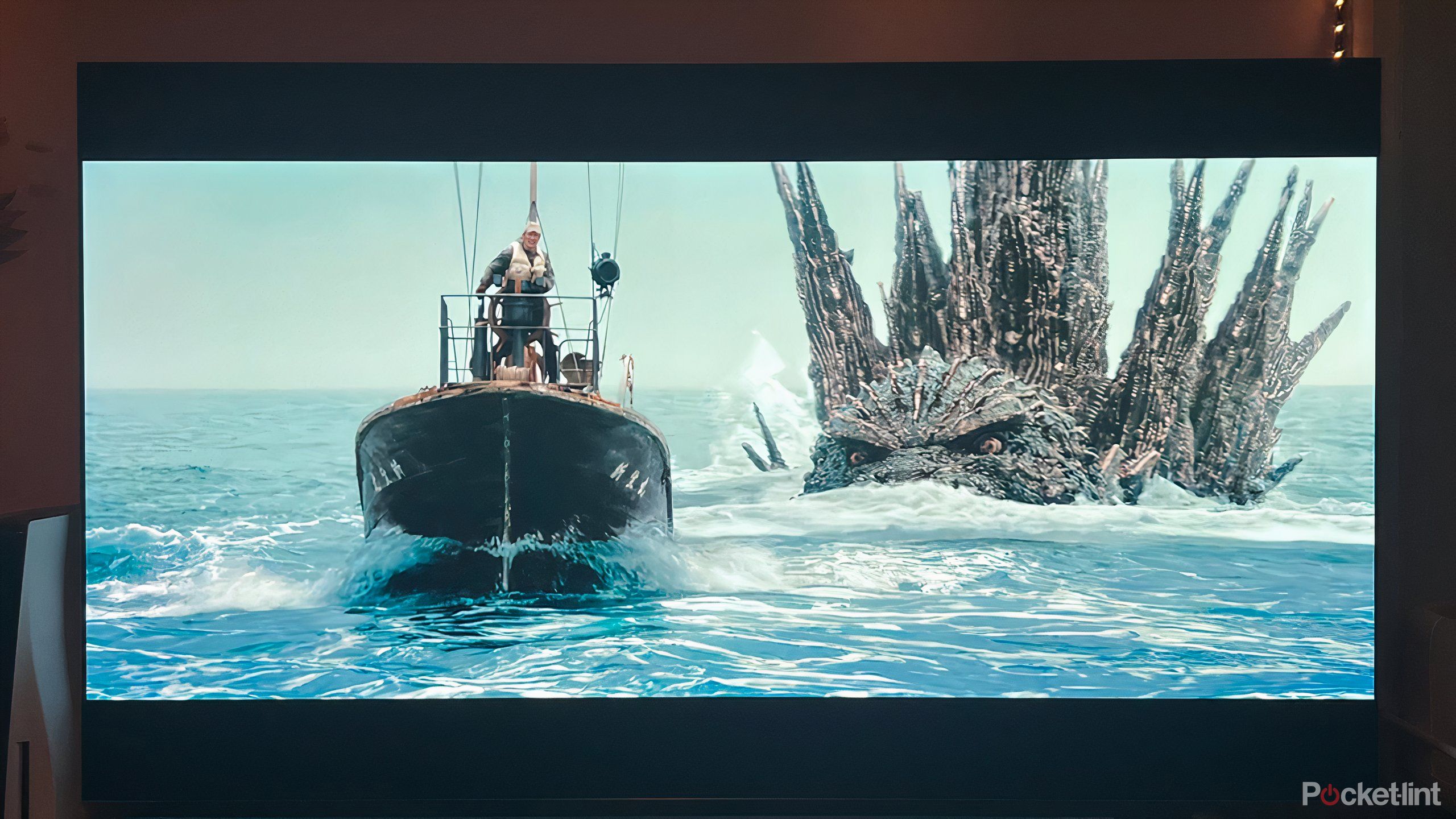
LG OLED G4 TV vs. LG OLED C4 TV: What’s the difference?
I’m torn between LG’s latest OLED TVs. Are the G4 features worth the price jump?
Content preferences vary
Staying present is a top priority
There are a few types of content that LG’s top TVs better serve than Samsung’s, and neither really apply to me. LG’s best TVs are very good at making older content look better than it was when it first came out. They upscale dated titles and generally have better SDR performance, so things that weren’t made with any recent visual technology can still look reasonably good by today’s standards.
The big difference and important question when it comes to formatting between LG and Samsung concerns Dolby Vision.
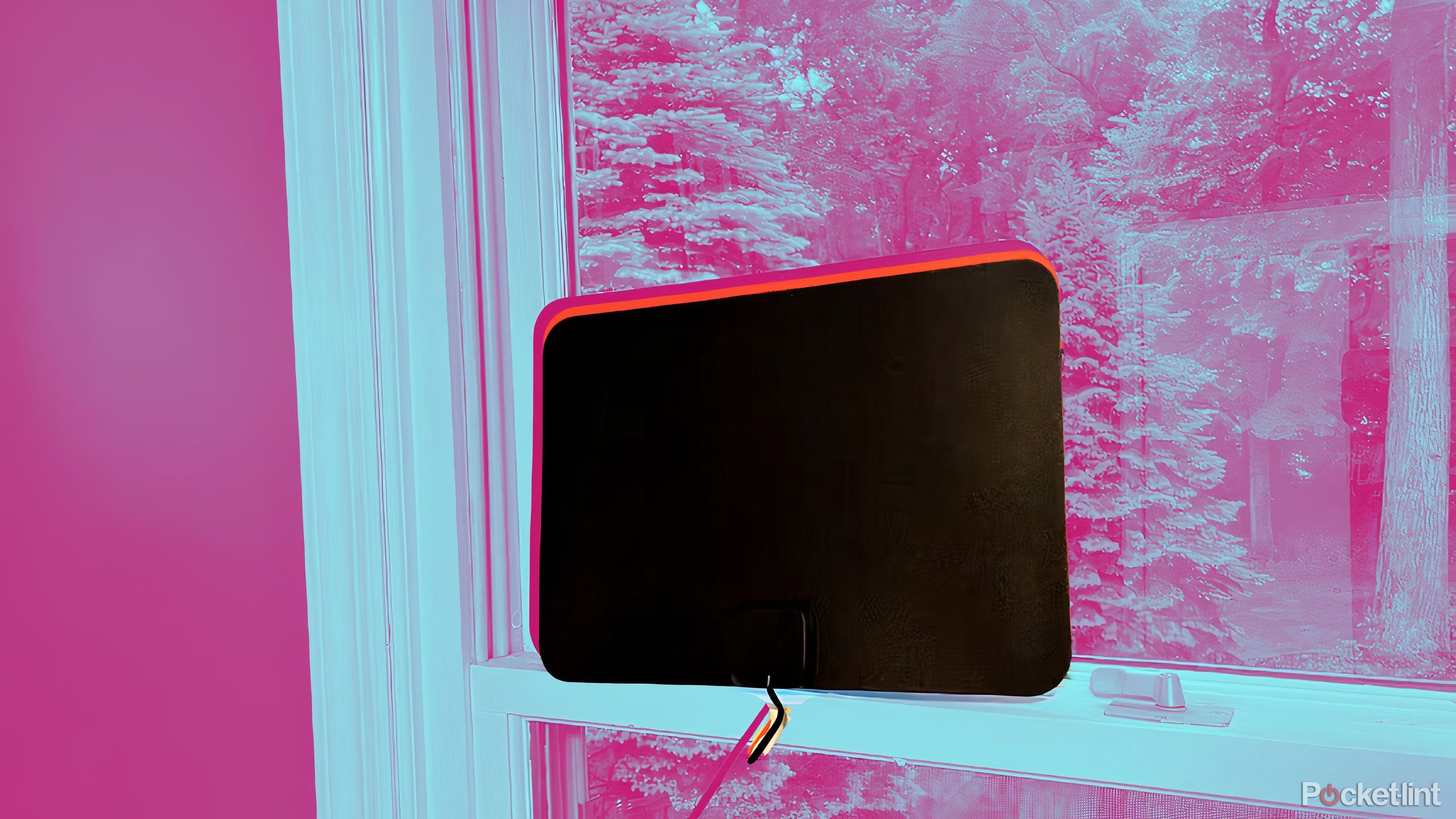
7 reasons why you should buy a smart TV antenna
The name may suggest ‘retro,’ but the antenna might be the ultimate future answer to cable cutting.
Most of the content I view comes from streaming services with fast speeds and top resolution. I don’t tend to watch anything from DVDs, VHS tapes, or shoddy online links. So, for my viewing habits, the slight edge that LG may have on various kinds of content doesn’t necessarily matter that much. The big difference and important question when it comes to formatting between LG and Samsung concerns Dolby Vision. This proprietary HDR format is not available on Samsung TVs, but they do support comparable HDR10+. I believe the difference to be negligible and, for me, personally, Dolby Vision isn’t a deal-breaker, provided HDR10+ is available.
Samsung has better control and a superior remote
Seeking out both aesthetic and function
Having used remotes for the latest LG and Samsung TVs, I know which one is better for me — the Samsung option, of course, which is a practical remote that actually feels practical for the year 2024. It has a solar battery — which is a nice but interesting addition — however, the main draw is that the remote is small, sleek, and strategically arranged. It has important buttons within reach laid out in an intuitive and practical manner. The home button is in the center (where it should be), handy shortcut buttons at the bottom, and a power and voice function at the top. No notes, Samsung.
LG’s remote, meanwhile, is bulky, cheap, cluttered, and noisy, and simply not something I want to be wielding every day. The option to use it as a cursor like a Wii remote is not as useful in practice as it may be in theory. While the voice search function is helpful, it’s not enough for me to want to use the remote on a regular basis.
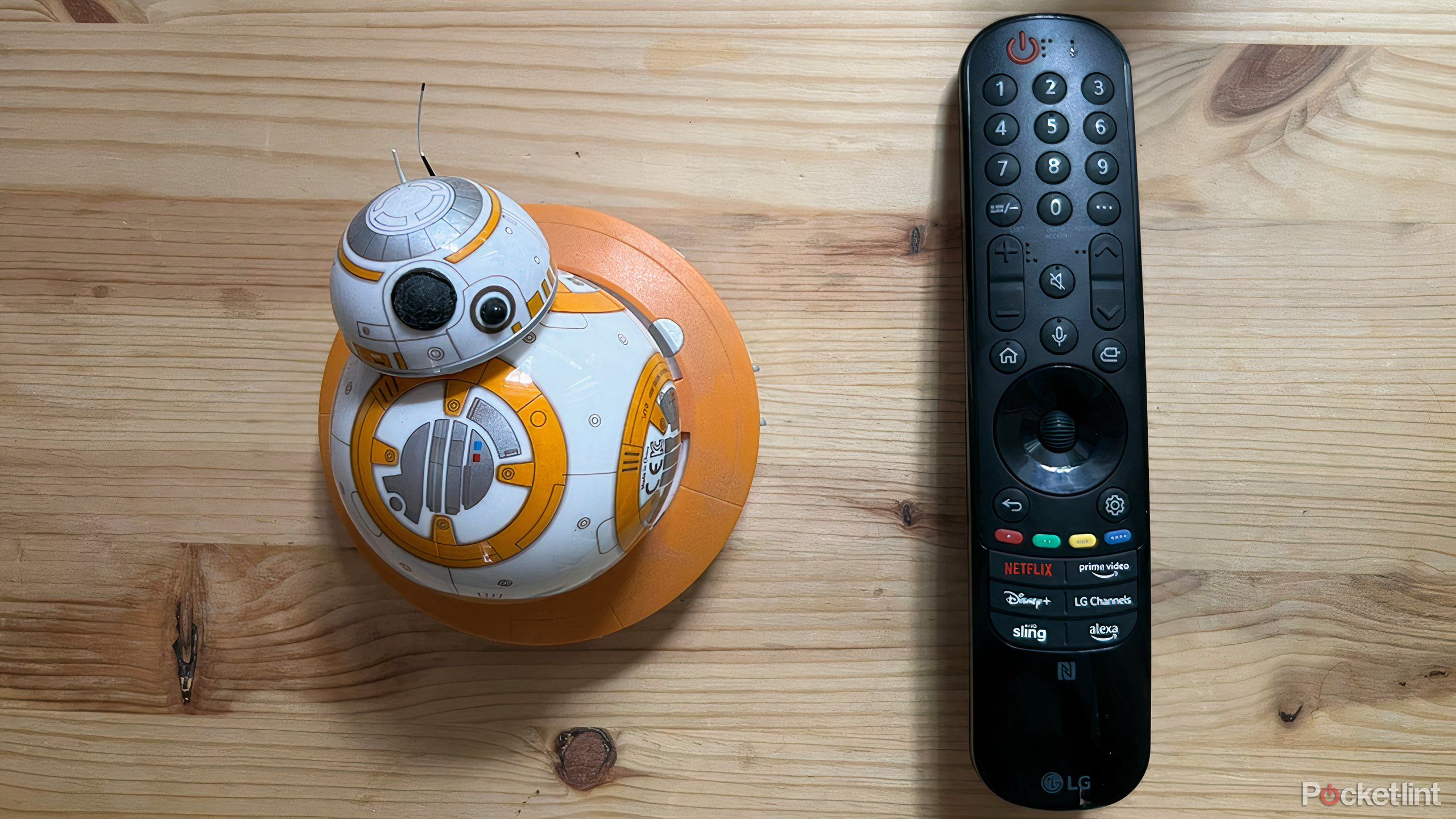
Why LG’s awful Magic Remote is a dealbreaker for me
Despite a helpful voice feature, LG’s Magic Remote makes navigation and control a pain.
Familiarity brings me back again and again
Brand loyalty works when you find the right one
There’s a reason companies try so hard to get your attention — it’s because often, if you like one of their products, you’ll be more inclined to choose it again when you need something new. Now, I have looked around and tested out TVs from other companies, but I’m familiar with those made by Samsung, having had a few different models over the years. I’ve also had Samsung phones, headphones, tablets, and sound systems from the company.
Overall, my experience has been good. This may or may not represent others, but the company has earned enough trust from me that I know the products I buy from them are likely to be of good quality and last for many years. I don’t really care too much about the connectivity of any Samsung devices with any other, simply the fact that everything I’ve bought from them has worked well and never caused me any problems. While that may be a simplistic view, sometimes it’s just easier to go with what you know than try your hand at something new.
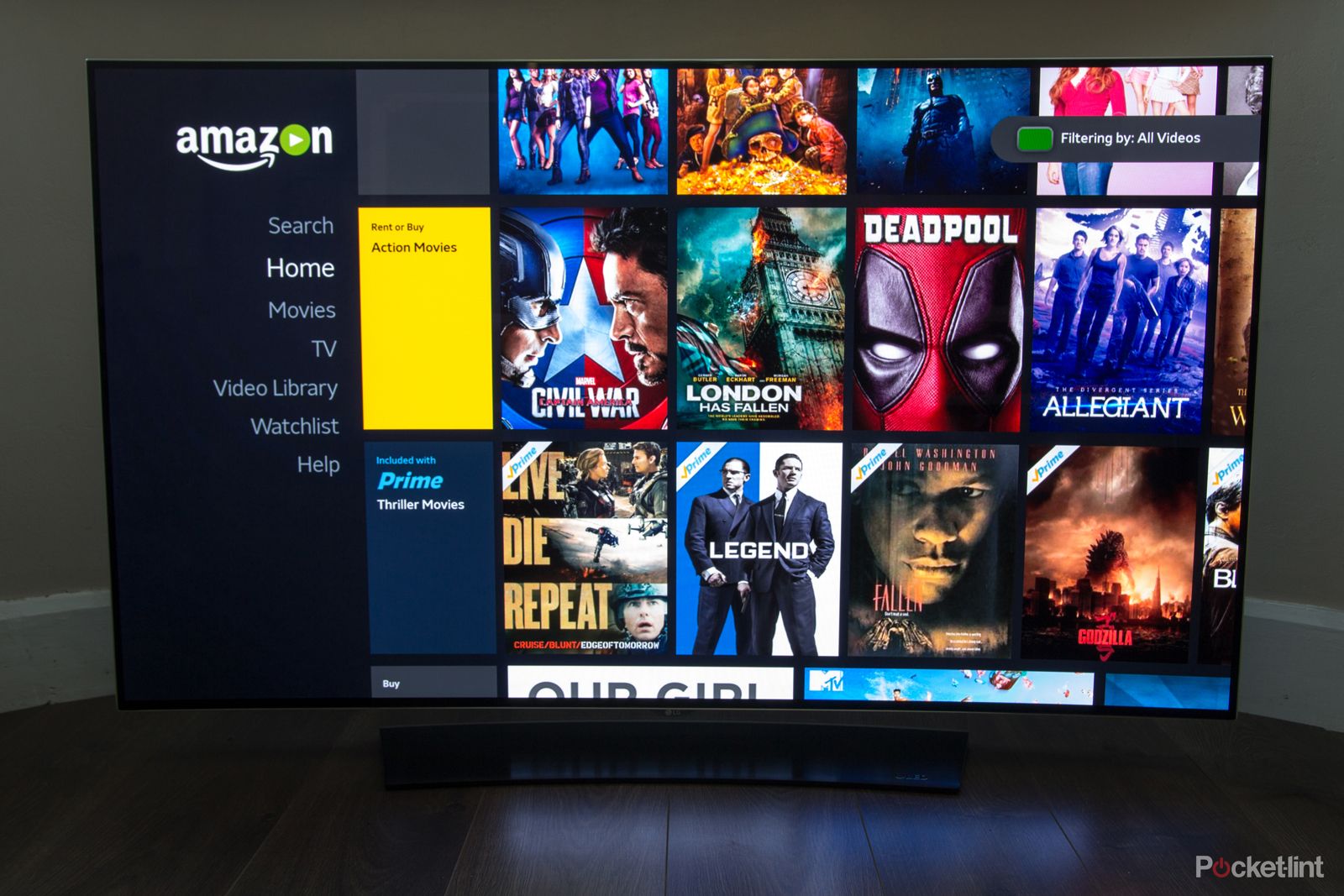
5 reasons to buy a Samsung TV over an LG TV
Samsung’s smart TVs champion color, convenience, and control.
The top smart TVs from Samsung and LG are impressive models. As industry leaders, they continue to innovate and improve visual technology while endeavoring to faithfully recreate every type of content that comes across the screen. So many of the differences are slight, and some preferences and needs simply come down to personal taste and what’s most accessible to you. I’m going with Samsung, but I’m sure I’d be happy with an LG TV too. So when you’re unsure about a decision, just pick one and know you’ll be fine.
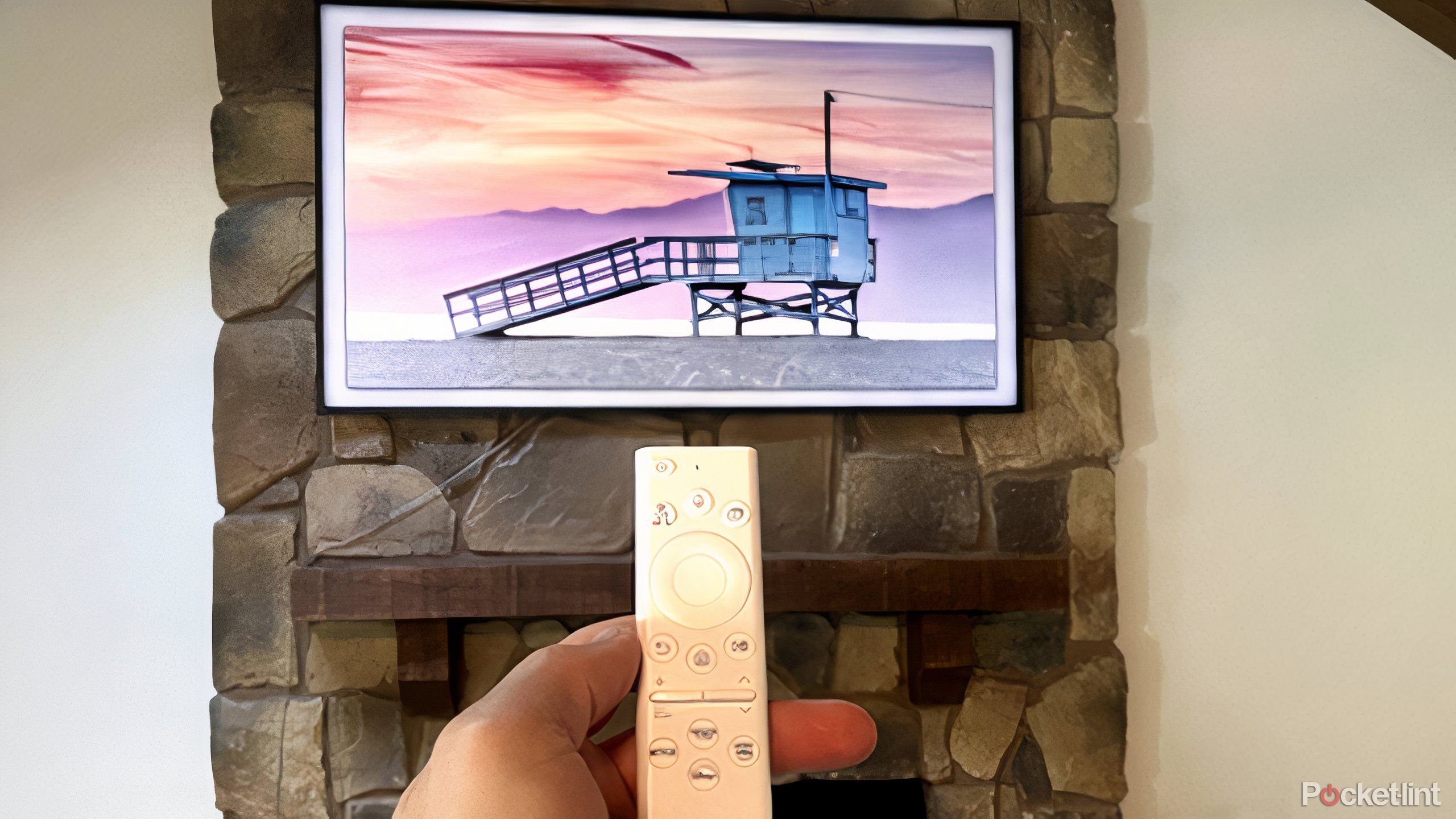
6 tricks I use to make my Samsung Frame TV actually look like art
My smart TV displays more than just the latest hit show.
Trending Products

SAMSUNG FT45 Sequence 24-Inch FHD 1080p Laptop Monitor, 75Hz, IPS Panel, HDMI, DisplayPort, USB Hub, Peak Adjustable Stand, 3 Yr WRNTY (LF24T454FQNXGO),Black

KEDIERS ATX PC Case,6 PWM ARGB Followers Pre-Put in,360MM RAD Assist,Gaming 270° Full View Tempered Glass Mid Tower Pure White ATX Laptop Case,C690

ASUS RT-AX88U PRO AX6000 Twin Band WiFi 6 Router, WPA3, Parental Management, Adaptive QoS, Port Forwarding, WAN aggregation, lifetime web safety and AiMesh assist, Twin 2.5G Port

Wi-fi Keyboard and Mouse Combo, MARVO 2.4G Ergonomic Wi-fi Pc Keyboard with Telephone Pill Holder, Silent Mouse with 6 Button, Appropriate with MacBook, Home windows (Black)

Acer KB272 EBI 27″ IPS Full HD (1920 x 1080) Zero-Body Gaming Workplace Monitor | AMD FreeSync Know-how | As much as 100Hz Refresh | 1ms (VRB) | Low Blue Mild | Tilt | HDMI & VGA Ports,Black

Lenovo Ideapad Laptop computer Touchscreen 15.6″ FHD, Intel Core i3-1215U 6-Core, 24GB RAM, 1TB SSD, Webcam, Bluetooth, Wi-Fi6, SD Card Reader, Home windows 11, Gray, GM Equipment

Acer SH242Y Ebmihx 23.8″ FHD 1920×1080 Residence Workplace Extremely-Skinny IPS Laptop Monitor AMD FreeSync 100Hz Zero Body Peak/Swivel/Tilt Adjustable Stand Constructed-in Audio system HDMI 1.4 & VGA Port

Acer SB242Y EBI 23.8″ Full HD (1920 x 1080) IPS Zero-Body Gaming Workplace Monitor | AMD FreeSync Expertise Extremely-Skinny Trendy Design 100Hz 1ms (VRB) Low Blue Gentle Tilt HDMI & VGA Ports
